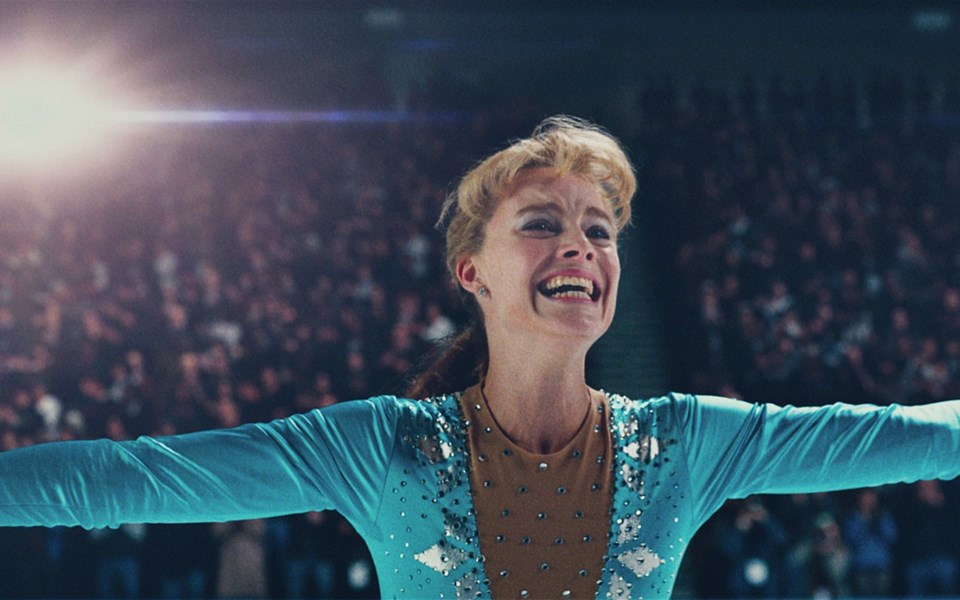Style versus substance: it's a timeless conflict, although these days style almost always wins.
(Blame humanity because as The Neon Demon explained, "Beauty is our highest form of currency.")
In Hollywood, the battle is more commonly spectacle versus substance. For the past couple decades studios have been content to push out huge, dumb, crash-bang-explosion films that go light on things like characterization or intrigue in order to appease the largest cross section of worldwide audiences and milk as much global profit as possible. Explosions need no subtitles.
Exhibit A: Far too many of the comic book superhero movies of late (I'm looking at you Avengers). Exhibit B: Pacific Rim: Uprising, which opens this week at the Village 8. The Pacific Rim concept is simple. Created by Guillermo del Toro (winner of Best Picture and Best Directing at this year's Academy Awards), it's a battle between ginormous alien lizard-like creatures and equally large human-driven Voltron-esque robots. It's essentially Power Rangers with more budget.
This film had a few spectacular battles but was underwhelming overall. This sequel, which sees del Toro hand the directing reigns over to Steven S. DeKnight (TV's Daredevil), looks even worse. Sure, there are attempts at underlying themes about America's DIY spirit or the mechanization of the global workforce, but the battle sequences are all a little too Transformers 3 (they even sound the same) for this one to truly impress anyone. Be wary.
On the other end of the spectrum, Wes Anderson is perhaps the most stylistically influential American artist of the past 20 years (hipsters owe him almost everything) and his latest, Isle of Dogs, also opens this week (although it's a limited release and will not arrive at the Whistler Village 8 for a little while).
A stop-motion masterpiece in the manner of Anderson's Fantastic Mr. Fox, this one takes place on a garbage island off the coast of Japan where all dogs have been quarantined to stop an outbreak of "dog flu." There's a young boy on a mission, a plethora of Hollywood's best voice talent (including Bill Murray, Jeff Goldblum, and Scarlett Johannsson) and the insane attention to detail and style that fuels Anderson's genius.
For a dog movie (especially one phonetically titled "I love dogs"), this one could have had a bit more heart (and camera movements), but there will certainly be no other film like Isle of Dogs this year. Worth a drive to the city, or wait a week or two and catch it at the Village 8.
And then, every once in a while, a flick comes around that nails both style and substance. I, Tonya, finally available to rent online, is just such a flick. The story hangs on real events—in 1994 someone "kneecapped" American figure skater Nancy Kerrigan at a practice rink eight months before the Winter Olympics.
Suspicion, and evidence, quickly pointed to Tonya Harding, Kerrigan's wrong-side-of-the-tracks teammate, and the media shitstorm that ensued (followed by the O.J. Simpson trial five months later) basically set the template for the sensationalist, 24-hour bullshit news cycle we've come to accept as normal these days. "The rest of the media looked down on us," explains a trashy, tabloid Hard Copy journalist in the film. "Then they became us."
And that's the guts of I, Tonya—what happened wasn't as tragic as how it was reported to us, and how we digested it. Since the very first time she skated, Tonya Harding battled abuse, poverty and the elitism of her sport and still became one of the best—the first woman to land a triple axel in competition. Did she hit Nancy in the knee? Certainly not. Did she organize such a thing? It seems unlikely, but she was villainized by the media, and the world ate it up.
While the performances in this flick are highly noteworthy (Allison Janney won the Oscar for portraying Harding's abusive, insanely hard-ass mother), Aussie director Craig Gillespie (Lars and the Real Girl) also deserves credit for bold filmmaking.
He crafts Harding's story as a sort of mock-doc-biopic that routinely crumbles the fourth wall with characters addressing the camera directly to admit that what we are seeing on the screen is only their version of what really happened (or sometimes to accuse the audience itself of abuse).
It works for me and I, Tonya is the freshest piece of filmmaking we saw last year. Give star Margot Robbie credit for also producing this one, recognizing a real story with substance, then getting the team together to deliver it with style.




